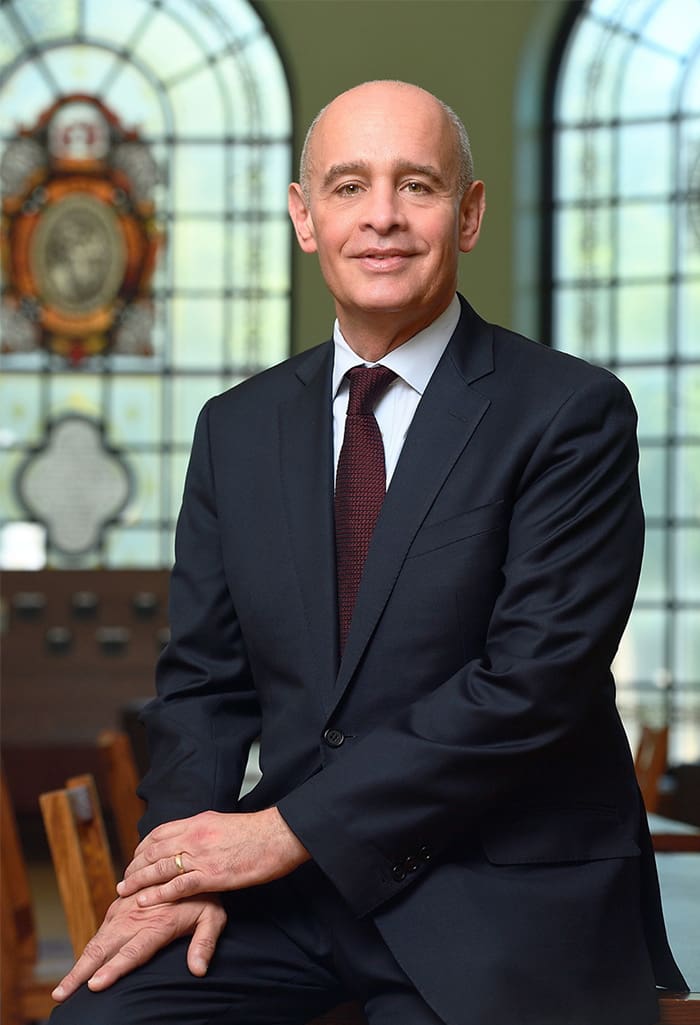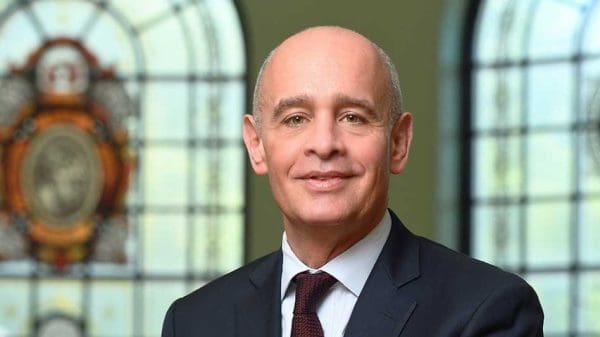
Whether research takes place in a traditional science or medical lab, a library, a rare books room, or in the field—it is all driven by one overarching principle: the search for truth. In 1886, the Board of Trustees of the then-10-year-old Johns Hopkins University adopted as its motto Veritas vos Liberabit: the truth will set you free.
Now, on the eve of the university’s 150th anniversary, the research that saves lives, gives hope, sparks curiosity, and uncovers new truths finds itself in choppy waters. The current administration in the United States has called for funding cuts that could prove fatal to research that has enlightened minds and improved the quality of life for countless people around the world.
Despite present challenges, however, scholars at the Krieger School continue to explore and discover across the natural sciences, social sciences, and humanities. That exploration will not stop—it might have to be shifted or altered as budgets allow, but it will not stop.
The Krieger School of Arts and Sciences is home to a broad range of research. In our Department of Biology, for example, Professor Xin Chen is examining why some cancerous tumor cells keep dividing without a clear function. Her work could potentially lead to slowing or even stopping the spread of cancer.
Stefanie DeLuca, the James Coleman Professor of Sociology and Social Policy, is researching the effects that housing stability can have on entire family units— everything from improving test scores for school children to ensuring greater success in the job market. She also works with policymakers to eradicate housing instability.
And in this issue, you can read about Glenn Schwartz, the Whiting Professor of Archaeology in the Department of Near Eastern Studies. His remarkable find in Syria could change our entire understanding of when humans first created an alphabet.
From the basic science work that could yield cures for devastating illnesses, to humanities research that plumbs the depths of the human experience, to social science efforts that seek to effect positive policy change, our professors are on the front lines of solving some of the world’s most intractable problems.
And of course, our faculty members light a spark in our students, who are tomorrow’s leaders. Their curiosity and eagerness to learn can never be diminished, and neither can ours.


